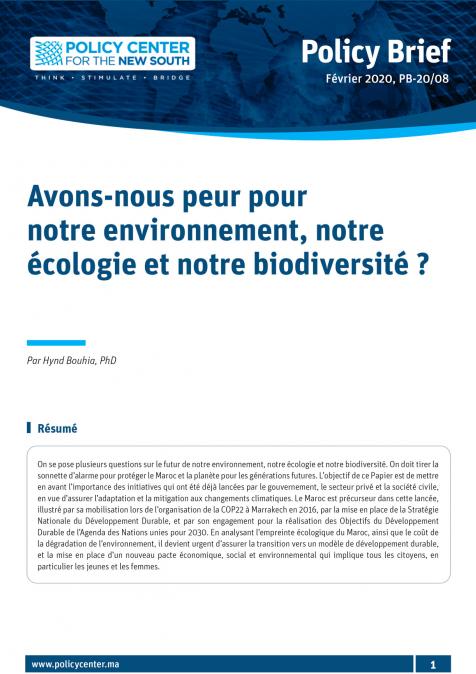Publications /
Policy Brief
Policy Brief
Sovereign Stabilization Funds and the End of the Commodities Super-cycle: What are the Challenges?
September 17, 2015
Sovereign wealth funds, a major focus during the 2000s, should see their role strengthen as an economic «stabilizer» in the coming months, due to the fall of commodity prices. These investment vehicles must however be coordinated with the traditional fiscal policy tools and can free the government to do more or less long-term budget adjustments that the new international economic environment imposes.








